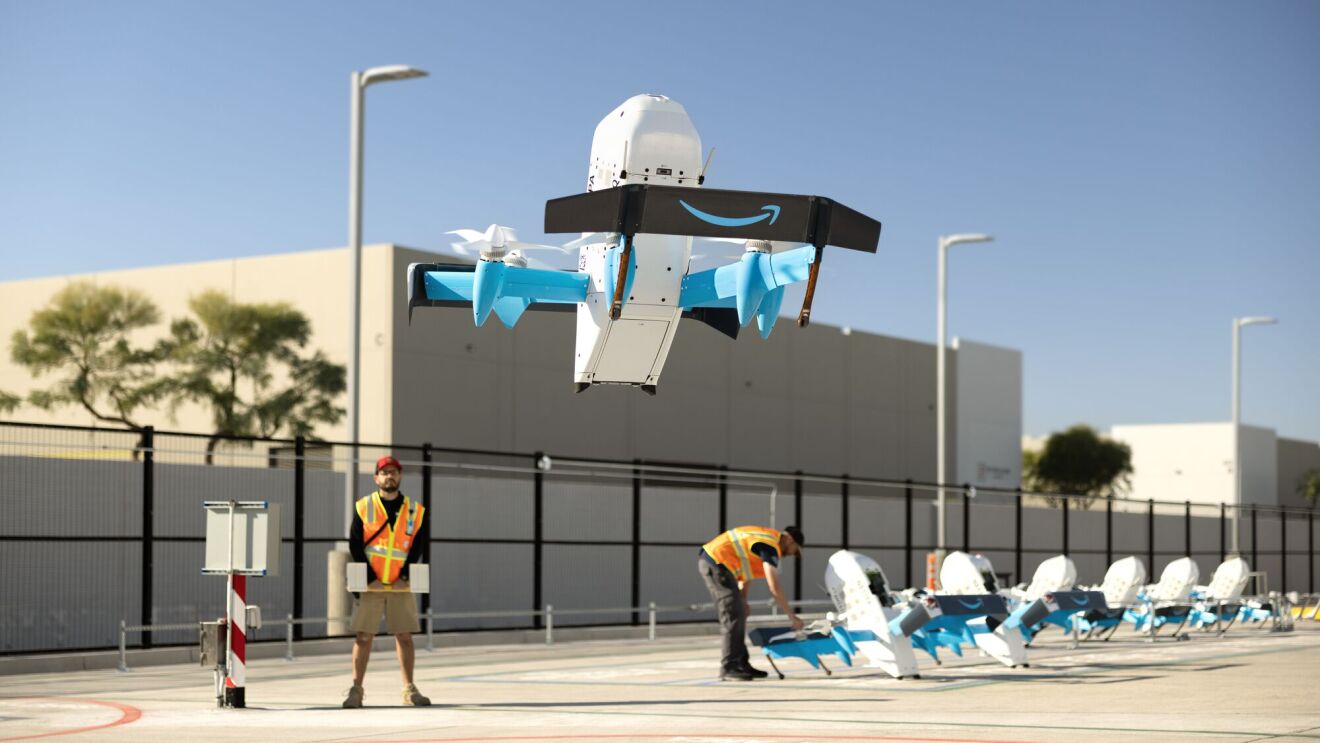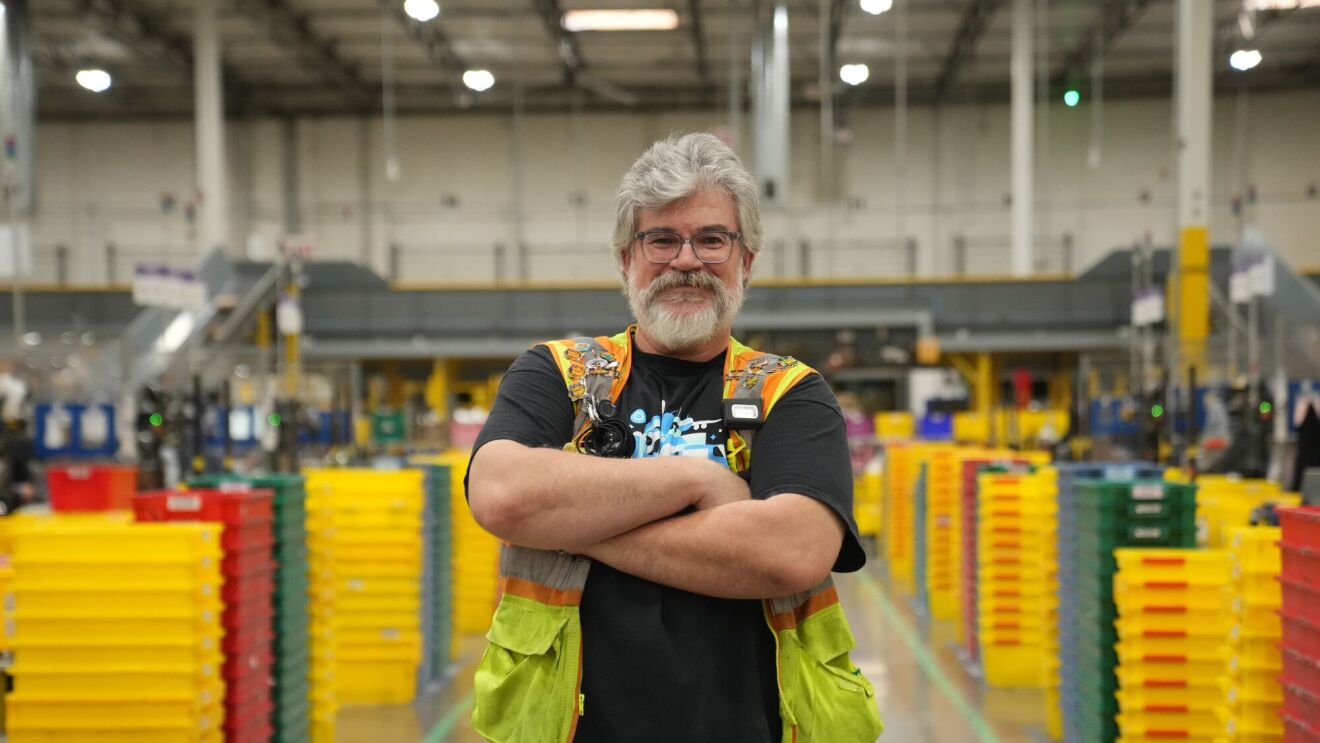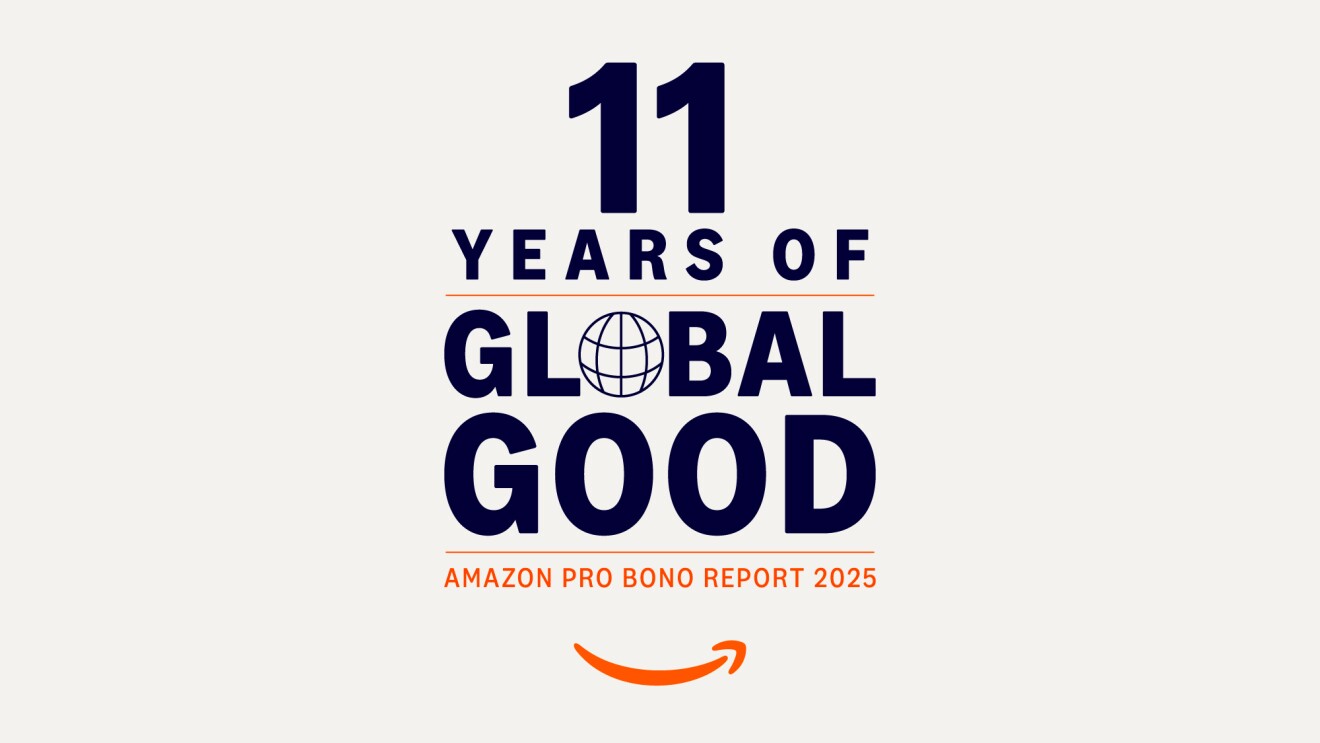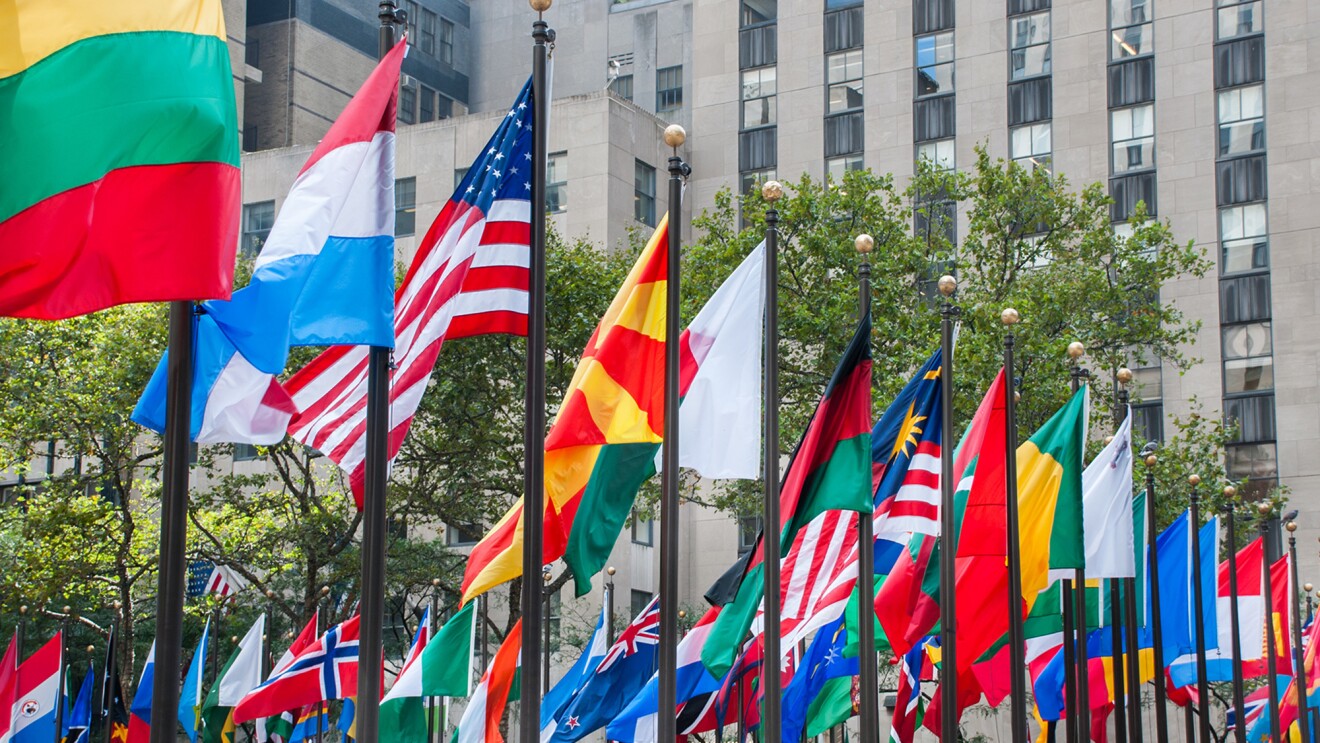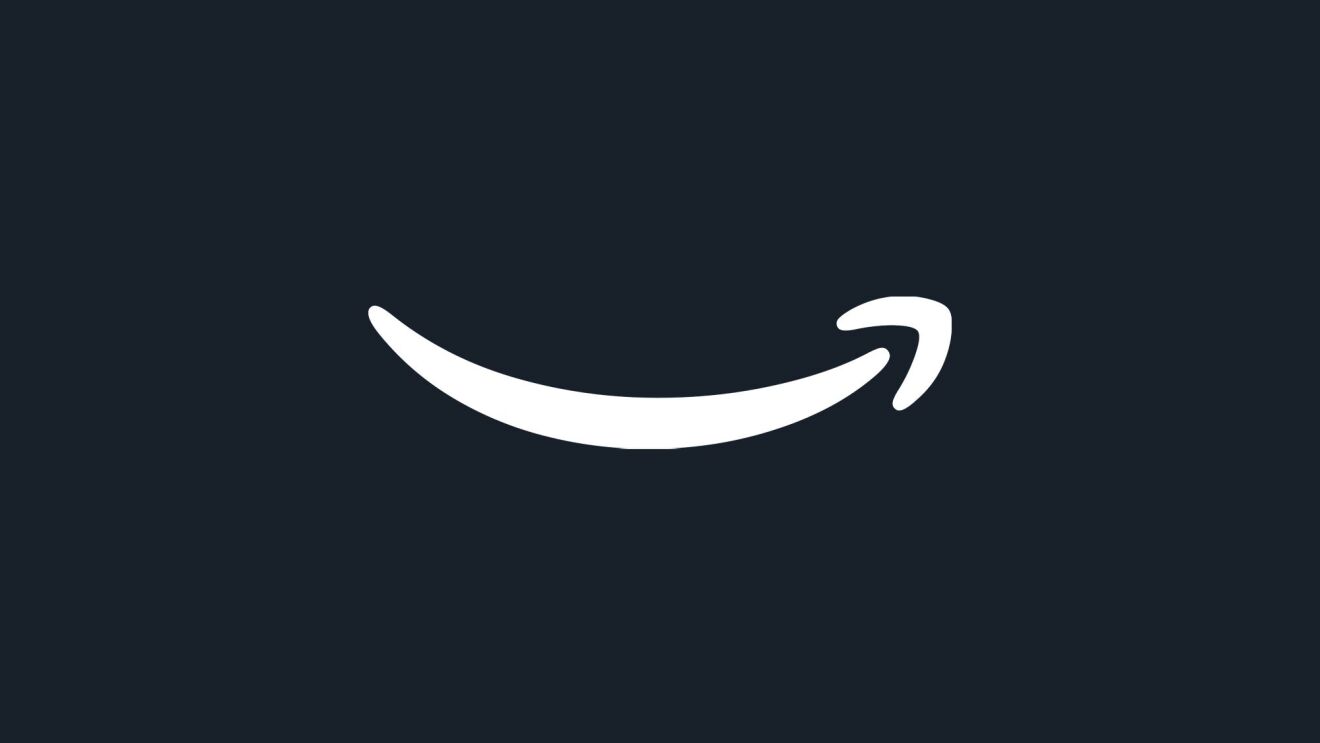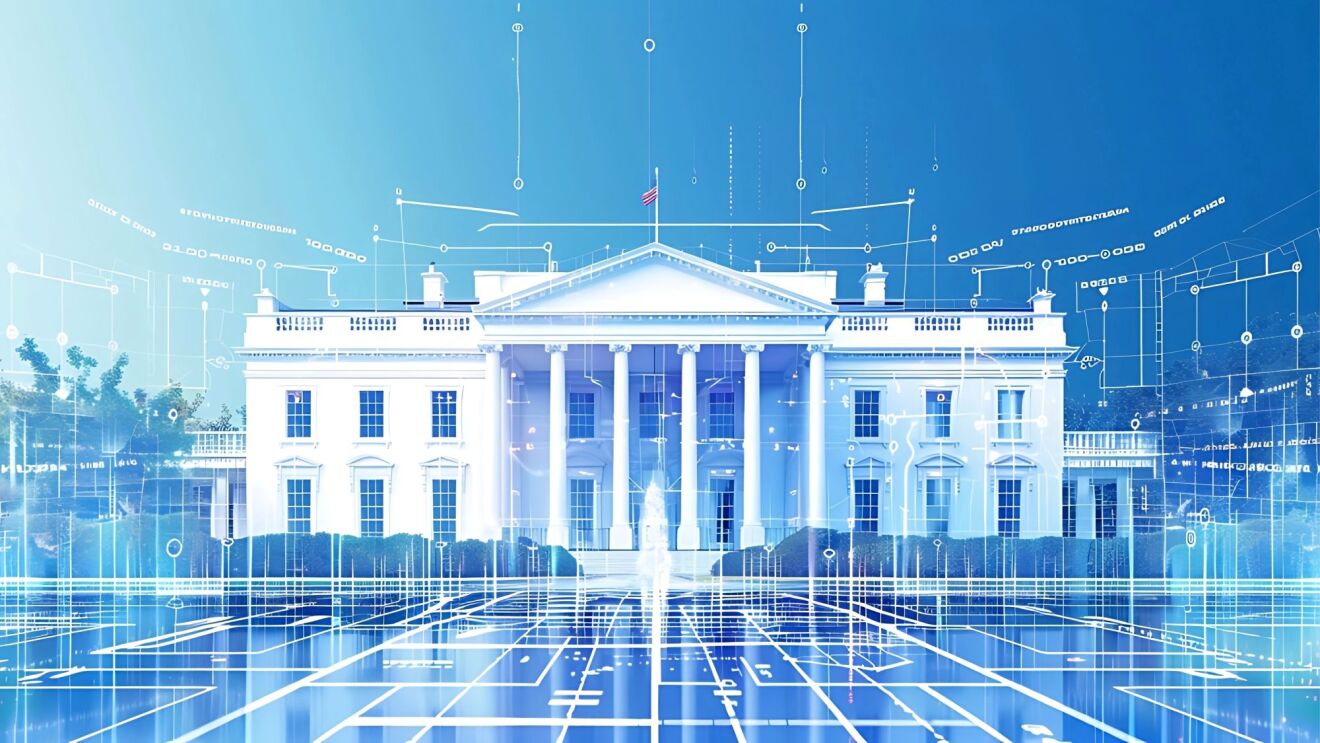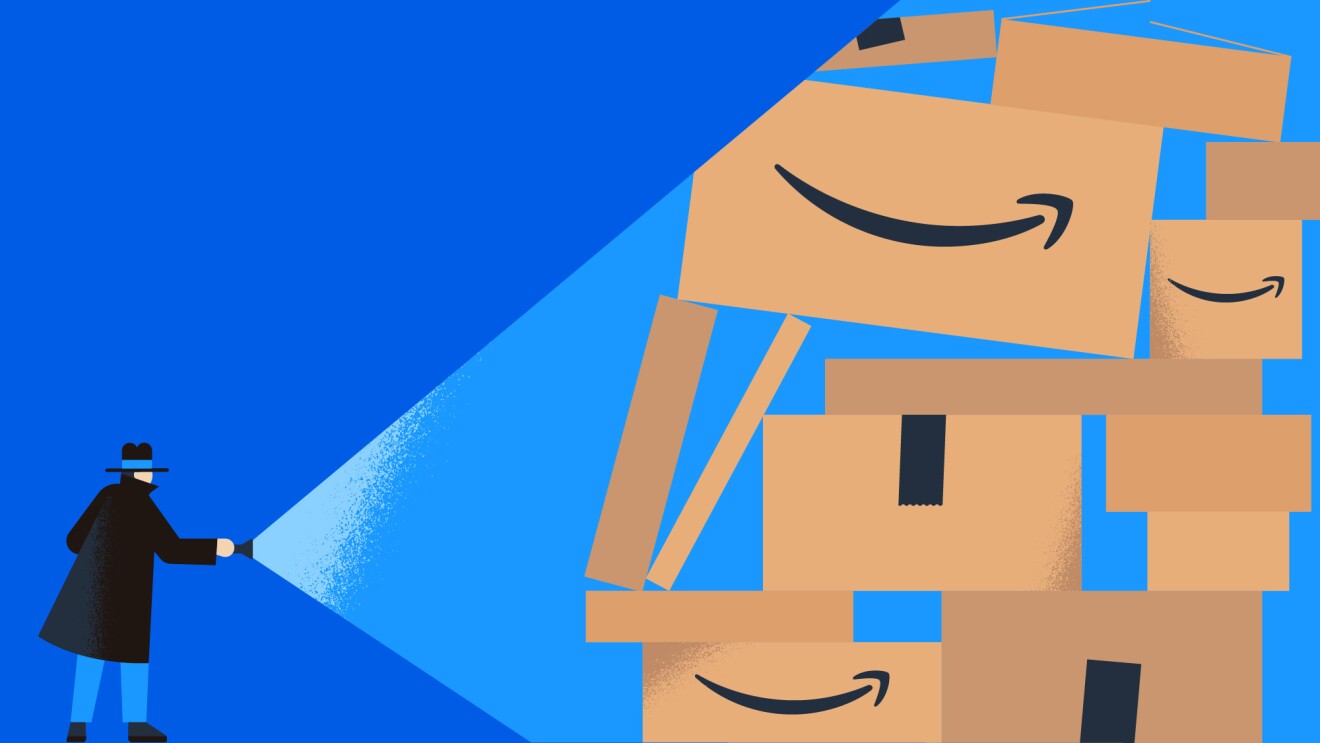As people across the country focus on protecting the health and safety of their families and communities—and stretching every precious dollar—one thing they shouldn't have to worry about is being taken advantage of by bad actors seeking to profit off the COVID-19 crisis. Yet, unfortunately, we're seeing a nationwide surge in complaints about price gouging.
This isn't a surprise. Whenever the demand for basic necessities increases, there are bad actors who try to exploit circumstances by marking up goods in a way that goes far beyond the laws of supply and demand. Amazon has zero tolerance for price gouging and longstanding policies and systems in place to combat it. We deploy dynamic automated technology to proactively seek out and pull down unreasonably priced offers, and we have a dedicated team focused on identifying and investigating unfairly priced products that are now in high demand, such as protective masks and hand sanitizer. Amazon already has removed well over half a million offers from our stores due to coronavirus-based price gouging. We've also suspended nearly 4,000 selling accounts in our U.S. store alone for violating our fair-pricing policies. In addition, Amazon has turned over to federal prosecutors and state attorneys general nationwide information about sellers we suspect have engaged in egregious price gouging of products related to the COVID-19 crisis. To further advance price gouging investigations and resolutions, weve also created a special mechanism for state attorneys general offices to quickly and easily escalate the consumer complaints they have received.
Where the legal framework is in place to hold price gougers accountable, our collaboration is having a significant impact. In Tennessee, we provided information on a seller who, after hoarding over 17,000 bottles of hand sanitizer he'd mainly purchased at dollar stores and attempting to sell them for as much as $70 each, is now under investigation for price gouging by Attorney General Slatery's office (and has since donated his stockpile). In Washington, Attorney General Ferguson recently sent cease-and-desist letters—and warnings about potential lawsuits—to five sellers we identified to his office for attempted price gouging of hand sanitizer and N95 masks in our store. In Alaska, a seller is facing thousands of dollars in fines for alleged price gouging on N95 masks after we turned over information about him to Attorney General Clarkson. State attorneys general across the country have thanked Amazon for our proactive engagement, and we intend to strengthen these important partnerships.
Our collaborative efforts to hold price gougers accountable have clarified one thing: to keep pace with bad actors and protect consumers, we need a strong federal anti-price gouging law. As of now, price gouging is prohibited during times of crisis in about two-thirds of the United States. The disparate standards among states present a significant challenge for retailers working to assist law enforcement, protect consumers, and comply with the law. For example, some states define price gouging as a price ranging from 10% to 25% above average sales prices; others simply prohibit “unconscionably excessive” price increases; some have no explicit laws against price gouging, but seek to enforce price gouging under general consumer protection statutes; and many, but not all, states permit price increases that reflect increased costs of goods and supply chain costs.
While each state is unique and has the ability to enact individual legislative price gouging triggers and remedies, a federal price gouging law would ensure that there are no gaps in protection for consumers. This would also help retailers like Amazon more effectively prevent bad actors and ensure fair prices. Specifically, we believe any new legislative proposal should provide the Federal Trade Commission (FTC) the authority to go after scammers. This would complement the great work being done by state attorneys general nationwide and allow for more expeditious enforcement, while also sending a warning shot to price gougers and enabling honest sellers to operate without disruption. To that end, we have developed a recommended framework for what would make an effective federal price gouging bill.
First and foremost, it should kick in immediately when the federal government declares a public health crisis or national emergency, which will leave no room for doubt for businesses and enforcement agencies. It should also establish clear pricing standards, define who and what are covered by the law, and ensure strong enforcement authority.
Amazon further recommends that pricing prohibitions be defined as "unconscionable or grossly excessive or unconscionably excessive" compared to a reasonable and relevant reference (e.g., the 90 days before an emergency is declared). In our experience, this federal standard will allow the FTC and the states the necessary authority and flexibility to expeditiously enforce the statute and go after price gougers. At the same time, it’s critical that federal legislation take into account the fact that actual costs for businesses—including supply, transportation, and labor costs—can increase during an emergency. Put simply, we want to avoid the $400 bottle of Purell for sale right after an emergency goes into effect, while not punishing unavoidable price increases that emergencies can cause, especially as supply chains are disrupted. Furthermore, any prohibitions should apply to all levels of the supply chain so that retailers and resellers are not forced to bear price gouging increases by manufacturers and suppliers.
Legislation should also help law enforcement target the source of the problem. Specifically, pricing prohibitions should apply to the party who actually sets the price of a product. In addition, clearly defining the scope of products that would apply to the statute will help both state attorneys general and the FTC zero in on the most egregious bad actors. For COVID-19, that could mean sellers of masks and hand sanitizers, while during a hurricane it could mean plywood or water.
Finally, legislation that ensures strong enforcement authority will send a clear and strong message that price gouging will not be tolerated and bad actors will be held accountable. Any new proposal should provide the FTC and state attorneys general the ability to obtain civil penalties, restitution, and equitable remedies to stop exploitative conduct.
Amazon stands ready to work with Congressional leaders on effective and timely legislation to combat price gouging and protect consumers. In our discussions with Congress, we have been impressed by the bipartisan commitment to advancing price gouging legislation. We look forward to assisting in any way as Congressional leaders move forward. At this time of national crisis, our customers—and all American consumers—deserve nothing less.
